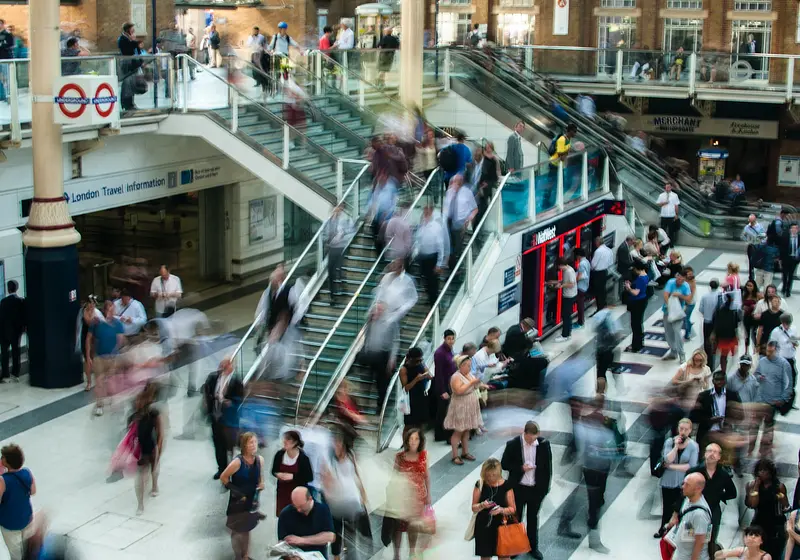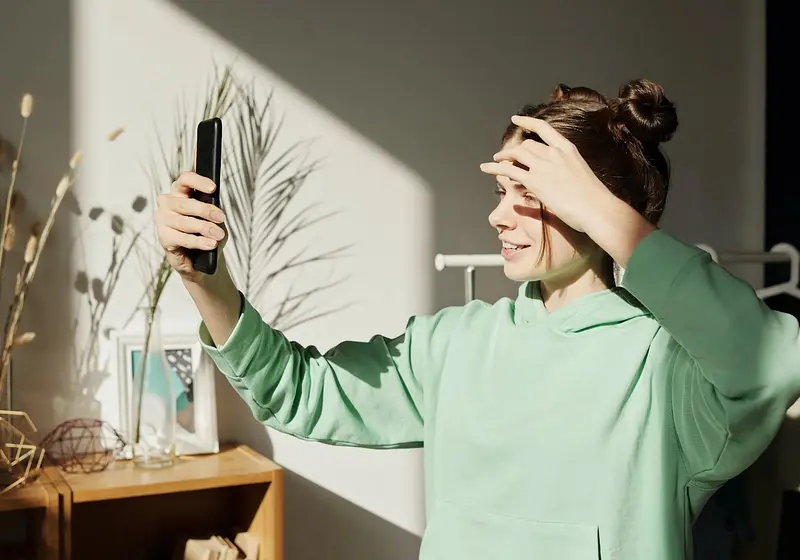In a 2012 New York Times op-ed, Tim Kreider argues that our sense of busyness is self-imposed. He claims that despite complaining about being busy all the time, we like busyness. We use it as a way to justify our worth or success in society. (Kreider notes it is never those working three jobs complaining they are busy; it is those who sign themselves up to fill their privileged leisure time.) Leisure is often associated with laziness (it isn’t laziness).
Yet Kreider says, those who only work one job fill every inch of their free time in an attempt to prove their purpose. The need, as he notes, is a way of not dealing with what it means to exist.
Fast forward ten years and the need to fill all our free time has only grown more intense. Once you become an “adult,” you typically work a monotonous 9-5 to make a living. But this isn’t enough.
More and more activities and events are added to an adult’s time. However, Kreider criticizes this, arguing that free time in one’s day would bring people much greater joy. While I don’t think anyone would disagree with that claim, is this truly attainable?
We live in a society that has glorified being busy, made it seem like the ideal productive lifestyle that everyone should want. Unfortunately, as we all began to adapt to this new lifestyle, it became the new normal and in turn, companies and employers have adapted.
The light bulb, invented in 1879, lengthened the time in which employees could work. This new technology allowed employees to work at night, a time which had previously been spent on leisurely activities like reading, spending time with friends or family, or learning a new skill or hobby. The lightbulb meant companies could ask more from their employees and increase profits. But is technological advancement actually a step backwards in human progress?
As technology continues to advance, the duration of one’s workday has increased as well. Not so long ago, calling someone’s house line after 5 or 6 pm used to be for family or emergencies only. But now, bosses and employees can send a late-night email forcing employees to work long past what they signed up for.
So, is it really true that one’s busyness, as Kreider claims, is really a self-imposed, social-status trend or is it forced upon us?
It’s a bit of both.
The lightbulb allowed employers to extend employee work hours, and the cellphone has allowed one’s job to go far past when an employee leaves the office. What we choose to do after our workday is our personal choice because it is our personal time. So, answering a work email from a boss is technically optional, but there is a great amount of pressure, both economically as well as socially, to respond to one’s boss’s question or inquiry after hours.
On the one hand, this may be because a person has anxiety about and chooses to increase their value in the company. On the other hand, answering an email may not be due to social status at all, but rather a fear of losing a job. So while answering emails after five may be considered a personal choice, it feels like an obligation. Unless a person wants to risk losing their livelihood, they keep on working.
Now, this might sound somewhat odd. Who would choose to keep working – out of anxiety or fear – after their workday is over, especially when they might be able to relax or do something they enjoy?
As Kreider argues, we often doubt the privilege of existing, and feel as though this is something we can only earn if we fill every moment of our day with some form of practical activity. So we never get around to the joy of leisure, that is, doing what we desire, or bothering to sit still long enough to find out what that is. We inflict our personal insecurities and doubts about “doing enough,” not only onto ourselves, but onto others.
This has caused us all to live hectic and often unfulfilling lives in order to prove ourselves worthy through busyness. While some of our busyness is self-imposed, so much of it feels forced. Technology has taken away our personal choice; it has inherently made the decision for us on how we use our time after the workday. One’s home is no longer secluded and private; it is an extension of work which is allowed to be invaded at any given time.
While I do not have all the answers and am unsure of how we can reestablish a boundary that once existed, the obvious solution is to separate ourselves from technology. We as humans already feel pressure to prove our worth and maintain a state of busyness and work that invades “leisure time.” This is only further hindering one’s time, of making sure people never have time for themselves and that it all goes to someone or something else. This is not healthy for humanity.
Separating ourselves from these stresses will allow us to live happier lives, rather than “busy” lives filled with resentment and anxieties. But how will we begin to change the status-quo? Is there a way to regain control of our lives


















